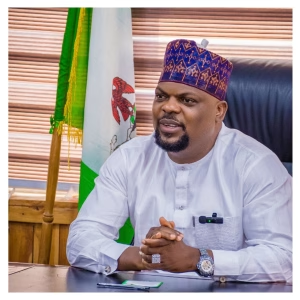US Reevaluates Military Presence in Africa Amid Troop Departures and Security Challenges
The United States has completed its troop departure from Niger, ahead of the military junta-imposed September 15 deadline. The departure marks a significant shift in the US military presence in Africa, and US Representative Michael McCaul, the Republican chairman of the House of Representatives Foreign Affairs Committee, has spoken about the implications of this change.
In an interview with VOA, McCaul discussed the role of the US Africa Command (AFRICOM) in the continent and how it is helping to stabilize democracy. He emphasized that AFRICOM’s primary role is military, but that it is also working with the State Department and the US Agency for International Development (USAID) to provide security and humanitarian assistance.
McCaul noted that the military is important, but that it cannot win the fight against terrorism alone. He highlighted the importance of economic ties, trade agreements, and diplomatic efforts in supporting the US military presence in Africa.
The US military’s strategies for countering threats in countries like Somalia and Kenya involve counterterrorism operations, but McCaul acknowledged that AFRICOM is overstretched and overburdened. He expressed concern about the safety of the US embassy in Somalia, which he described as the most dangerous embassy in the world.
The US is reevaluating its military and aid policies on the continent in light of the troop departures and security challenges. McCaul emphasized that the US cannot operate in countries that do not want it there, citing the example of France’s departure from Mali.
The AFRICOM General has warned that the loss of US bases in the Sahel will degrade the US ability to monitor and respond to threats, including those that could affect the homeland. McCaul acknowledged that the terrorist organizations in Africa are currently focused on internal operations, but emphasized the need to remain vigilant and prepared for potential external operations.
Overall, the US is adapting to the changing security landscape in Africa, and McCaul’s comments highlight the importance of a comprehensive approach that combines military, economic, and diplomatic efforts to achieve stability and security in the region.
![Priscilla Ojo, son Rakeem, reunite with Juma Jux in Tanzania [VIDEO]](https://mediatalkafrica.com/wp-content/uploads/2025/09/Priscilla-Ojo-reunites-with-Juma-Jux-in-Tanzania.jp-300x200-jpeg.avif)



